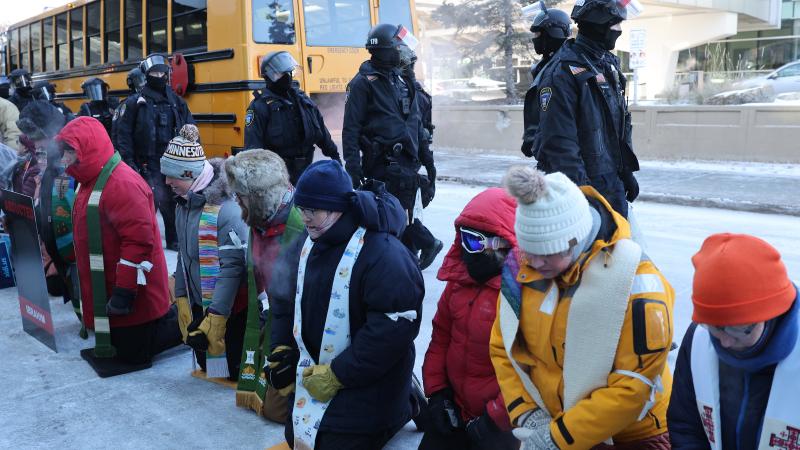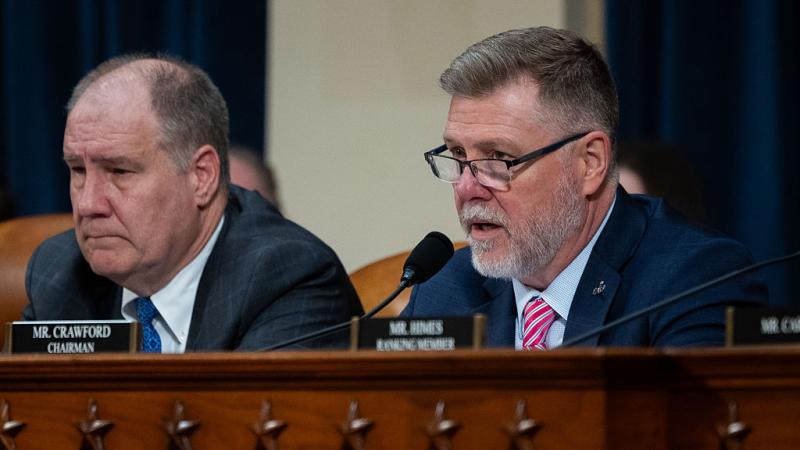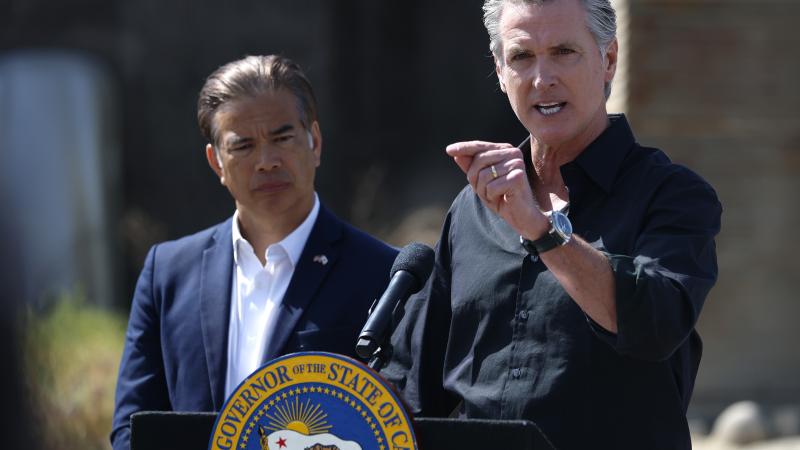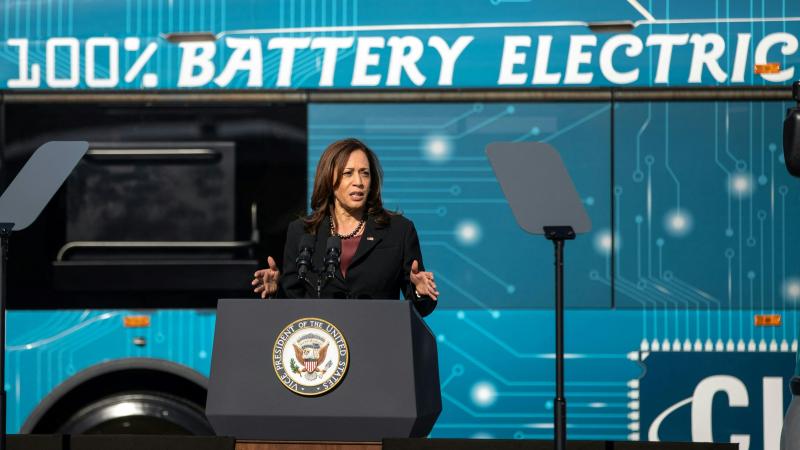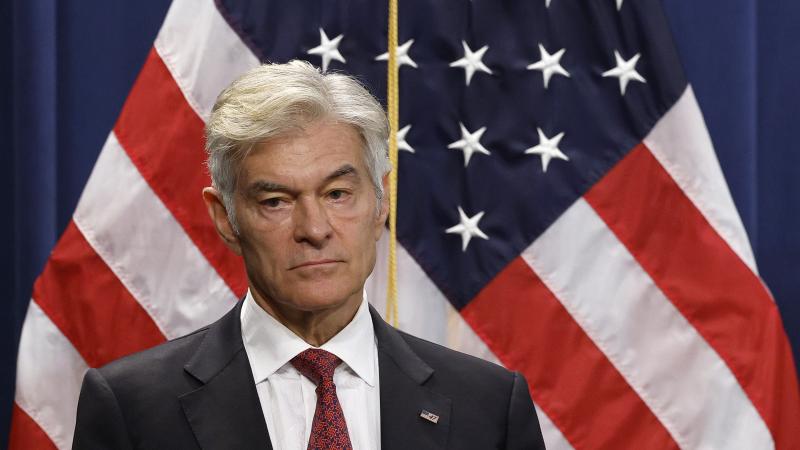La. Senate overrides veto of bill protecting gender-specific competition in high school sports
In rejecting bipartisan Fairness in Women's Sports Act, Democratic Gov. John Bel Edwards had said measure "unfairly discriminated against transgender youth."
The Louisiana Senate voted to override one of Gov. John Bel Edwards' vetoes Tuesday on the first day of the state's first veto override session since voters approved Louisiana’s revamped constitution nearly half a century ago.
The House and Senate opened with full agendas Tuesday, but only the Senate addressed vetoed bills. Eight regular session Senate bills were rejected by Edwards, and all eight were called.
Four bills failed, three were returned to the legislative calendar without any override votes and one bill — the most controversial — reached the required two-thirds majority to proceed to the House.
Known as the Fairness in Women’s Sports Act, or Senate Bill 156, the legislation would prohibit high school athletes from competing on teams that differ from a student’s assigned gender at birth.
Bipartisan majorities previously supported the measure, but Edwards said it “unfairly discriminated against transgender youth.”
In his veto statement, Edwards asserted SB156 “unfairly targets children who are going through unique challenges and offers solutions to an issue that does not exist in Louisiana.”
Senate lawmakers again disagreed Tuesday, though this time with the minimum number votes to keep the proposal alive.
Reconsidered bills must achieve 26 Senate votes and 70 House votes to successfully override a gubernatorial veto. SB 156 passed Tuesday, 26-12.
Bill sponsor Sen. Beth Mizell, R-Franklinton, said she introduced the legislation to protect women’s sports and urged her colleagues to heed favorable support across the state.
“You can ignore my words, but don’t ignore theirs,” she said.
Mizell also reminded her colleagues that nothing in the bill has changed since the they approved it in May, 29-6.
Sen. Jay Luneau, D-Alexandria, opposed overturning Edwards’ veto largely on legal grounds. He warned of “unintended consequences.”
“If the state passes this law, then all the rules change,” he said, adding that lawmakers could either keep the current system or “open the gates” for lawsuits.
Sen. Karen Carter Peterson, D-New Orleans, warned of economic repercussions that disproportionately could damage her district.
“Do you want businesses to come to Louisiana or do you want discrimination,” she asked.
Sen. Patrick Connick, R-Marrero, said he was conflicted but chose to vote with his district though he wanted to support the governor.
In what could prove troublesome for House-approved overrides, Connick said he would not vote to against any other vetoes.
Twenty bills are listed on Wednesday’s House agenda, where Republicans outnumber Democrats, 68-34. If true, Connick’s admission severely limits GOP efforts should voting occur along strict party lines.
Mizell closed debate by fielding dissenting senators’ most potent concerns.
“This bill is about one thing: biological women have the right to compete against biological women,” she said.
Every Senate Democrat voted against the measure, with Sens. Regina Barrow, Katrina Jackson, Gary Smith and Gregory Tarver changing their regular session approvals.
The bill now heads to the House, where Republicans will need two additional members to reach the required super-majority if GOP block-voting occurs.
Eight other states have passed similar legislation.
Another controversial item that evoked impassioned debate was Senate Bill 118.
Sponsored by Sen. Jay Morris, R-West Monroe, the vetoed legislation would have allowed state residents age 21 and older to carry concealed firearms without obtaining a permit.
Morris cited the Louisiana's existing open carry law in an attempt to persuade fellow senators.
“A woman leaving the mall could wear a pistol on her hip, but if she puts it in her purse then that’s wrong?” he said.
“It’s not a big step,” Morris said. “It’s a right for people to protect themselves.”
The reconsidered legislation failed, 23-15. Republican opposition was led by Sen. Louie Bernard, R-Natchitoches, who said conversations with law enforcement officers changed his mind.
“Since I have been in the Legislature, I have voted for every piece of firearm legislation. I voted for [SB118] during session,” he said. “But I wouldn’t want to go to bed at night knowing that I created additional risk.”
Bills attempting to authorize election fraud risk-assessments and voter identification and verification requirements for absentee and mail-in voting also failed.
Edwards has yet to release a press statement regarding the historic override session. House deliberations begin at 1 p.m. Wednesday.


